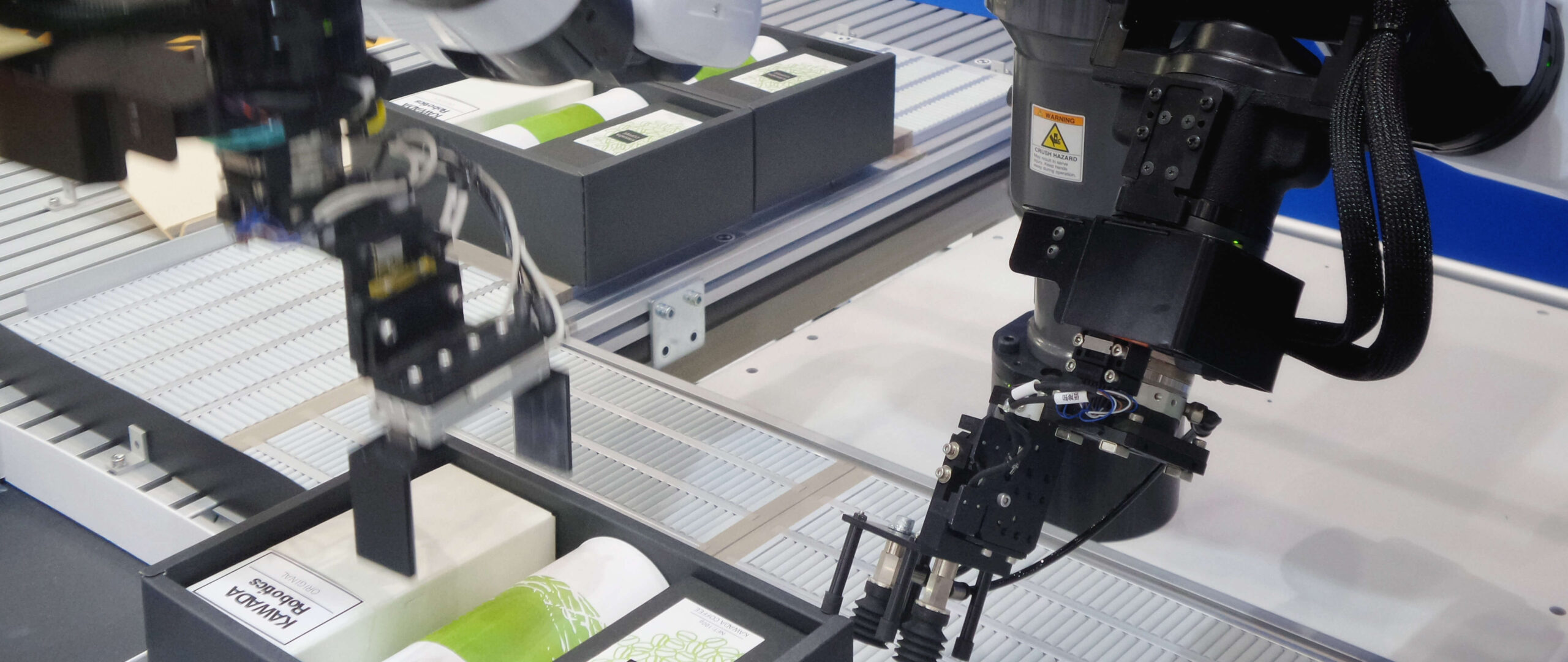
“Dead or alive, you’re coming with me.” While this famous RoboCop phrase hopefully won’t be coming to a hospital near you, a robot might be. Artificial intelligence is getting increasingly better at doing what humans have previously done best – paving the way for innovations in robotic healthcare.
Providing speed, accuracy and attention unattainable by humans, robots are already transforming the medical industry. Below, we take a look at the latest robotic technology for healthcare, and the opportunities that lie ahead.
GP surgeries are under increasing pressure to serve larger communities, reduce waiting times and expedite diagnosis. The solution? Robots. Robotic chatbots and voice assistants will completely change the way patients access medical advice – reserving human appointments for more serious conditions and urgent cases.
Opportunities for tech companies: advancements in machine learning, voice recognition, data science and IT security will be required for GP robots to become commonplace.
It’s been nearly 20 years since DaVinci, the famous surgery robot, put on its gloves to help surgeons perform laparoscopic procedures. Since then, surgery robots have become more advanced, autonomous and affordable – increasing the success of organ surgery, speeding up patient recovery time and opening up the opportunity for remote surgery across continents.
Opportunities for tech companies: the race is on to develop similar surgery robots that have more features, autonomy and portability.
It’s no secret that the medical profession is overworked and understaffed – luckily, robots are here to help relieve nurses and care assistants from some of their duties. Delivery robots can select and carry hospital supplies, medicines and food, while robotic assistants can monitor patients, update records and alert staff when urgent medical attention is required.
Opportunities for tech companies: significant research and development of this robotic technology will see these robots put on their robes and get to work. We anticipate strong funding in this area to help relieve the current staffing crisis.
The hospital corridors aren’t the only place that robots are making an appearance. Endoscopic robots have become slender and more flexible, making them easier for doctors to use and more comfortable for patients to experience. Meanwhile, nanorobots (also known as smart pills) are also getting to work inside of the body, fighting diseases at a cellular level not possible with traditional medication.
Opportunities for tech companies: nanorobots are an exciting development in the medical-tech field – with the potential to revolutionise certain treatments. Expect a lot of research and development in these areas over the coming years.
Exoskeletons will soon be walking out of the sci-fi films and into our daily lives as the associated technology advances. Exoskeletons and robotic limbs are already helping to rehabilitate patients faster, give functionality better than nature and perform the miracle that is helping someone to walk again.
Opportunities for tech companies: there are exciting opportunities for technical developments in prosthetics – especially for advancing neural implant systems to build a directly mind-controlled exoskeleton.
Last year, the University of Birmingham was awarded £6.1 million to research the use of ultrasonic tools for complex robot-assisted dental surgery. This will reduce the invasiveness of surgeries, allowing more procedures to take place in out-patient clinics and reducing patient trauma. And, it’s not just invasive surgery that robots can help with – check-ups, teeth cleaning and teeth whitening are all procedures that patients would willingly have performed by a robot.
Opportunities for tech companies: as an industry, we don’t hear a lot about robotic dentistry, but there are significant opportunities to be had – especially with the increasing interest in cosmetic treatments.
Lab robots are old news in the pharmaceutical industry, but assistant robots aren’t. Helping pharmacists to select, pick and label medication, robots are increasing efficiency and reducing human error. They are also being used to help prepare IV solutions in a sterile compartment – significantly reducing the chances of cross-contamination.
Opportunities for tech companies: those already working closely with pharmaceutical companies may see their demands change in the future, as the capabilities of assistant robots increase.
And finally, robots are revolutionising end of life care – making it more available, dignified and effective. Carer robots can help people to remain independent for longer, reducing the pressures on hospitals and care homes, as well as providing patients with social interaction and dignified assistance.
Opportunities for tech companies: there is plenty of research and work ahead for carer robot technology – an exciting time for the industry.
As you can see, there is plenty to be busy with when it comes to healthcare tech, and we’re here to find you the right resource to help. If you’re looking to recruit the best talent for advancing your healthcare tech, get in touch with one of our specialist tech recruitment consultants today.